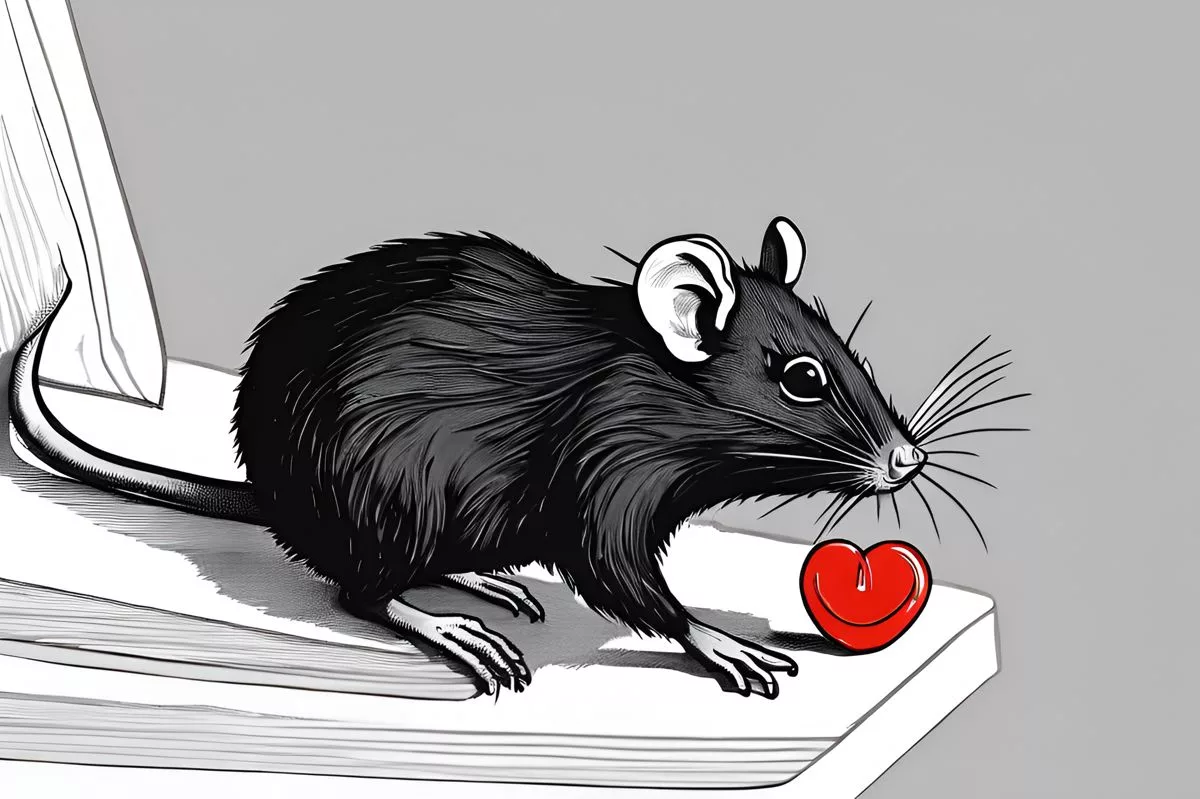The Gauteng Department of Health in South Africa is extremely concerned about the growing number of food poisoning cases, particularly among children. One incident involved 41 children who accidentally consumed rat poison, mistaking it for candy. Another incident resulted in the death of a six-year-old student. These incidents are part of a broader trend of food poisoning cases in the area, with over 800 reported since October 2023 and 11 deaths. The Department is calling on everyone in the community to take responsibility and work together to protect children’s health.
The Escalating Crisis: Rising Incidents of Food Poisoning in Gauteng, South Africa
The Department of Health in Gauteng has issued an important announcement, voicing its growing alarm over the increasing rate of food poisoning cases, with children being the primary victims. The Gauteng Department of Health reports that these two incidents contribute to an overall total of 863 food-associated incidents since October 2023, with a tragic loss of 11 lives.
Expressing Concern: The Gauteng Department of Health’s Urgent Statement
The Department of Health in Gauteng has issued an important announcement, voicing its growing alarm over the increasing rate of food poisoning cases, with children being the primary victims. A chilling incident, currently under scrutiny, involved 41 children aged three to five who mistakenly consumed rat poison, thinking it was candy. This horrifying occurrence took place at a local preschool, symbolizing the escalating threat.
These innocent victims received immediate medical care at Chris Hani Baragwanath Hospital in Soweto, a major healthcare institution in the province. They reached the hospital on the afternoon of April 15th, and after medical evaluation, 17 of them were kept under observation overnight, while the other 24 were sent home, being deemed in good health.
However, this isolated incident doesn’t capture the full scale of the food poisoning problem. Earlier in the year, the community was profoundly affected by another incident involving four children ranging between ages two and nine. After a suspected food poisoning event, these children were rushed to the Pholosong Regional Hospital in Tsakane. Heartbreakingly, a fifth child, a six-year-old student at Mandlethu Primary School, could not be saved, succumbing before the paramedics could offer assistance.
Beyond Children: The Epidemic Spreads
It’s crucial to note, however, that children are not the solitary victims of these food poisoning outbreaks. In a different incident, ten people, inclusive of two adults, were transferred to the Thelle Mogoerane Regional Hospital in Ekurhuleni from Ramokonopi Community Health Centre. After receiving medical treatment, the two adults and two of the children were discharged, while six children remain in the hospital, albeit in a stable condition.
These distressing incidents are not stand-alone events. They’re part of a broader trend of food poisoning cases. The Gauteng Department of Health reports that these two incidents contribute to an overall total of 863 food-associated incidents since October 2023, with a tragic loss of 11 lives.
This mounting problem has drawn the attention of the Cabinet, who expressed their worry in 2023 about the upswing in food poisoning cases, especially involving children consuming contaminated and expired foods from spaza shops and street vendors. The concern intensified after the demise of children who reportedly consumed toxic food items from spaza shops in Gauteng and North West provinces.
Collective Responsibility: A Call to Action
Reacting to this escalating crisis, the Department is urging everyone in the community to come together in response. They’re calling on parents and caregivers to play a crucial role in protecting children’s health from the increasing threat of food poisoning. The Department’s call for shared responsibility underscores the grave reality that these incidents are not isolated but have become a recurring horror for the South African population.
The surge in food poisoning cases across Gauteng is a stark reminder of the fragility of public health and the vulnerability of children to such incidents. The concerns raised by various health authorities, including the Gauteng Department of Health and the Cabinet, highlight an urgent need for a multi-tiered collaboration among parents, caregivers, and health authorities to ensure food safety.
The spiralling epidemic of food poisoning cases serves as a wake-up call for collective vigilance and cooperation. It’s a pressing reminder that children’s safety and well-being are a community responsibility. As investigations continue and health authorities grapple with this alarming trend, the responsibility falls on us all to stay alert, contribute to preventive measures, and maintain public health standards to safeguard our children from the risks of foodborne illnesses.
1. What is the Gauteng Department of Health concerned about?
The Gauteng Department of Health in South Africa is extremely concerned about the growing number of food poisoning cases, particularly among children.
2. What incidents have occurred that contributed to the increase in food poisoning cases?
One incident involved 41 children who accidentally consumed rat poison, mistaking it for candy. Another incident resulted in the death of a six-year-old student. These incidents are part of a broader trend of food poisoning cases in the area, with over 800 reported since October 2023 and 11 deaths.
3. What is the Cabinet’s involvement in this issue?
The Cabinet expressed their worry in 2023 about the upswing in food poisoning cases, especially involving children consuming contaminated and expired foods from spaza shops and street vendors.
4. What is the Department of Health calling for?
The Department is urging everyone in the community to come together in response. They’re calling on parents and caregivers to play a crucial role in protecting children’s health from the increasing threat of food poisoning.
5. How can the community respond to this crisis?
The Department’s call for shared responsibility underscores the grave reality that these incidents are not isolated but have become a recurring horror for the South African population. The responsibility falls on us all to stay alert, contribute to preventive measures, and maintain public health standards to safeguard our children from the risks of foodborne illnesses.
6. How can food safety be ensured?
A multi-tiered collaboration among parents, caregivers, and health authorities is necessary to ensure food safety. It’s important to maintain public health standards and stay vigilant to prevent the risks of foodborne illnesses.










